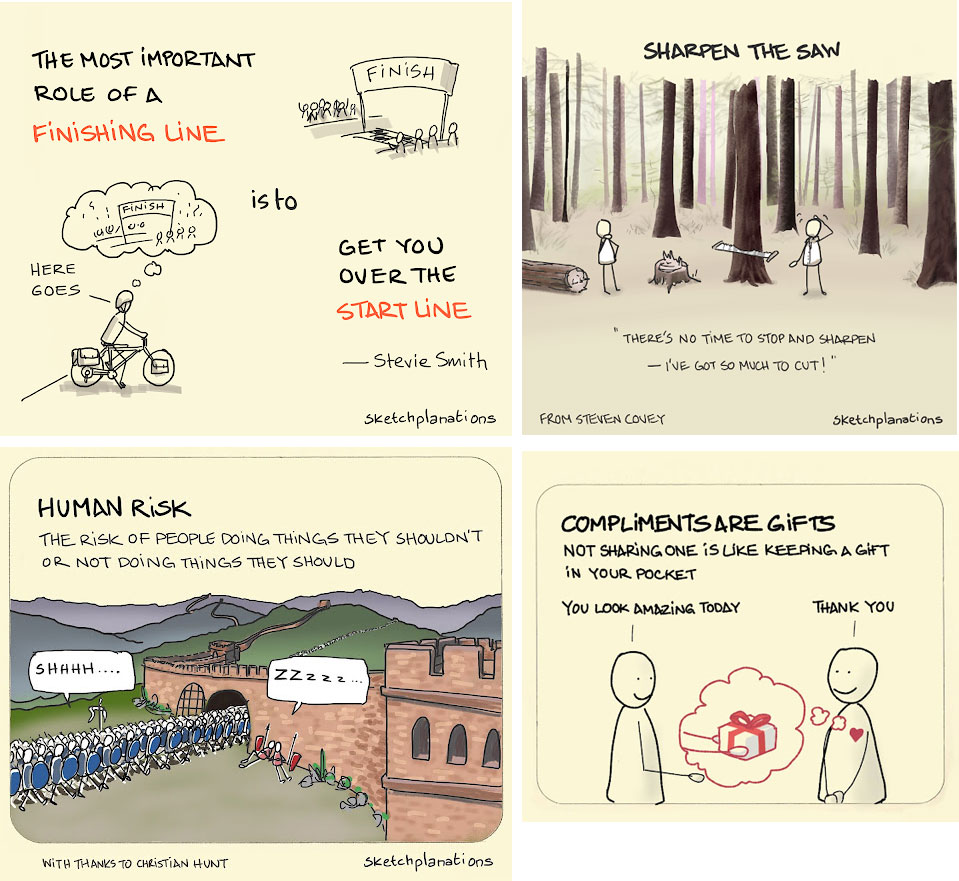Marketers need to look beyond MarTech and rediscover the emotional connection

The ever-increasing MarTech stack has facilitated the operationalisation of marketing, but in the process, the essence of good marketing has been side-lined, even lost. In commodity markets, companies are competing for the attention of the same customers — and this cannot be achieved through technology alone. It’s about communication; about emotion. It’s about understanding what the business is delivering, about valuing and harnessing creativity; and it’s about measuring success on more than email conversions. It’s about understanding how to achieve a memorable customer engagement.
MarTech needs to support — not replace — the marketing strategy. As Norman Guadagno, CMO, Acoustic, says, adding more technology is not going to work if marketing forgets the importance of creating an emotional customer connection.
Marketers not Accountants
No one got into marketing to look at spreadsheets. Or did they? A decade ago, the answer would be a categoric “no,” but in today’s measurement-obsessed marketing arena, many marketers have fallen prey to the cult of incrementalism, or searching for just a little bit more. More personalisation, more conversion — and proving their worth to the board. But searching for incremental improvements isn’t going to work forever, especially when the fundamental concepts of marketing are being side-lined.
A CMO should be focused on strategy, on message, on considering a new way to explore video to tell a great customer story. Yet the reality for most is when they aren’t analysing stats to provide those vital ROI figures by channel and by campaign, they are managing technology crises, responding to concerns about low email open rates or optimisation costs. Few have any time to even consider whether marketing is on-message or if the strategy is right.
In an increasingly commoditised economy, where marketing is the key to differentiation, this loss of marketing knowledge and understanding is a massive concern. In the drive to operationalise marketing, companies also risk losing sight of core values like the importance of improving products and services, and the need to create interest for customers. Businesses are so distracted by the 21st century culture of measurement and the power of the ever-growing MarTech stack that marketing has become nothing more than a numbers game to the detriment of everyone involved.
MarTech Experts
Marketing teams are awash with technicians: experts in search engine marketing, in delivering perfectly segmented email campaigns, in designing SEO-optimised web content — the list goes on. They are all over the latest trends in content generation. But many have zero understanding of the concept of marketing strategy, of the importance of the content of the email, the difference a strong email header can make to the recipient. Ask them about the 5 Ps of marketing (Product, Price, Promotion, Place, People) and they will look blank.
The increasing domination of technician-led marketing is damaging businesses. It is leading to confusion and a deconstruction of marketing — into brand and demand — that totally misunderstands the holistic impact of every piece of marketing activity. It is also leading companies to assume the solution to every marketing challenge is more technology. According to a 2020 MarTech survey, more than 80% of companies had upgraded a MarTech app in the year prior.
Not only will the average large marketing team use 120+ tools, many of these tools and individuals operate in silos. With no interaction they have zero understanding of any other marketing activity, where it fits into the overall strategy, and how it affects customer perception. Marketing strategy simply fails to fit into technical delivery of marketing campaigns.
Capture the Emotion
Marketers are under relentless pressure to squeeze out more and more value — to maximise channels, get in front of customers, convert customers, and of course, prove that their efforts are moving the needle. But technology is not, as many marketers believe, the solution to the problem. Yes, great MarTech tools solve problems; they eradicate swathes of tedious manual effort. But technology doesn’t remove the need to understand how the business can differentiate itself, what will capture customers’ attention, what customers need to feel to make them buy a product or service, and how you can create that feeling.
Buying decisions are inspired by emotions: customers remember a great marketing message based on how it makes them feel. They are unlikely to remember whether it popped up on Facebook or in a radio advert. Technology should not decide marketing activity. It should allow a marketer to take ideas and explore them. It should enable a business to get a message in front of the right person at the right time. But it should never take the place of understanding how to create the best message.
Of course, a marketing team needs tools. But these tools need to be simple to use and well-integrated into the process, essentially operating in the background. They should support the delivery of a well-considered marketing strategy, not define it.
Grasp the Moment
Everyone within a marketing team needs to understand the fundamentals of marketing in the 21st century — from the importance of being sensitive to cultural events to differentiating between email subject lines. Success should be analysed not just by the numbers but by the message. Is it enhancing the brand? Does everyone in the team understand the strategy?
Businesses need to get this right. Quickly. As the UK emerges from the pandemic, there is both a huge pent-up demand for products and services and a need to quickly understand changing consumer and business behaviour. Home working, increasing digital engagement — companies need to rapidly respond. There is no time — or need — to embark upon a massive overhaul of the entire MarTech stack or rely on expensive consultants to painstakingly get new systems up and running.
The focus now is to determine what works, what could be updated, and opt for solutions that are intuitive, fast to implement, using the cloud to ensure easy integration with the rest of the toolset. And, critically, ensure the marketing team understands the role of technology as an enabler. The right MarTech should help a marketer to execute faster, learn faster and get better faster: It is there to help the business deliver a marketing message and strategy designed to create that emotional customer connection.




